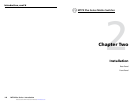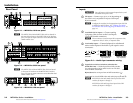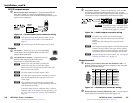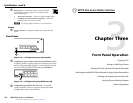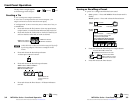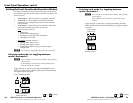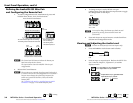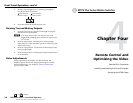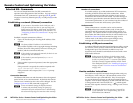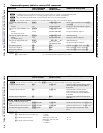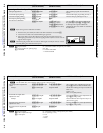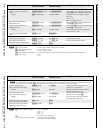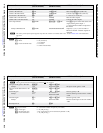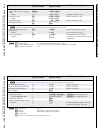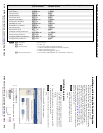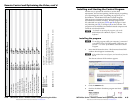
4-2
Refer also to the MTPX Plus User’s Manual at www.extron.com.
Refer also to the MTPX Plus User’s Manual at www.extron.com.
Selected SIS
™
Commands
You can use Simple Instruction Set (SIS) commands for
operation and configuration of the switchers. You can run these
commands from a PC connected to a serial port (
i
,
j
, and
m
on pages 2-5 and 2-6), Ethernet port (
k
), or USB port (
n
) on the
switcher.
Establishing a network (Ethernet) connection
N
If you connect to the switcher via the LAN port, and it
is the first time you have done so, you may change the
default settings (IP address, subnet mask, and [optional]
administrator name and password) of the controller. See
"Configuring for Network Communication" on page 4-24
for details.
Establish a network connection as follows:
1. Open a TCP socket to port 23 using the IP address of the
switcher.
N
The factory default IP address is 192.168.254.254.
The switcher responds with a copyright message including
the date, the name of the product, firmware version, part
number, and the current date and time.
N
If the switcher is not password-protected, the device is now
ready to accept SIS commands.
N
If the switcher is password-protected, a password
prompt appears.
2. If the switcher is password-protected, enter the appropriate
password.
If the password is accepted, the switcher responds with
Login User or Login Administrator.
If the password is not accepted, the Password prompt
reappears.
Connection timeouts
The Ethernet link times out and disconnects after a designated
period of time of no communications. By default, this timeout
value is set to 5 minutes but the value can be changed. See the
Configure port timeout SIS command on page 4-14.
N
Extron recommends leaving the default timeout at
5 minutes and periodically issuing the Query (Q)
command to keep the connection active or disconnecting
the socket and reopening the connection when necessary.
Number of connections
A switcher can have up to 200 simultaneous TCP connections,
including all HTTP sockets and Telnet connections. When
the connection limit is reached, the switcher accepts no new
connections until some have been closed. No error message or
indication is given that the connection limit has been reached.
To maximize performance of your switcher, keep the number of
connections low and close unnecessary open sockets.
Verbose mode
Telnet connections to a switcher can be used to monitor
for changes that occur on the switcher, such as front panel
operations and SIS commands from other Telnet sockets or a
serial port. For a Telnet session to receive change notices from
the switcher, the Telnet session must be in verbose mode 1 or 3.
See the Set verbose mode SIS command on page 4-14. In
verbose mode 3, the Telnet socket reports changes using
messages that resemble SIS command responses.
Establishing a USB port connection
A standard USB cable and the Extron DataViewer utility, version
2.0 or newer, can be used for connection to the MTPX Plus 128
Configuration port. The USB cable, available at any local
electronics store, should be terminated on one end with a mini
USB B male connector
N
Before you use the USB port for the first time, install
the USB driver on your computer. The simplest way to
do this is to install version 7.7 or newer of the Matrix
Switchers Control Program and then run the Found
New Hardware Wizard. See “Installing the program,“
on page 4-5 and “First-time connection considerations“
on page 4-16.
Host-to-switcher instructions
The switcher accepts SIS commands through either serial port,
the USB port, or the LAN port. SIS commands consist of one
or more characters per command field. They do not require
any special characters to begin or end the command character
sequence. Each switcher response to an SIS command ends with
a carriage return and a line feed (CR/LF =
]
), which signals
the end of the response character string. A string is one or more
characters.
N
The table that begins on the next page is a partial list
of SIS commands. For a complete listing, refer to the
MTPX Plus User's Manual.
MTPX Plus Series • Remote Control and Optimizing the Video
Remote Control and Optimizing the Video
MTPX Plus Series • Remote Control and Optimizing the Video
4-3



